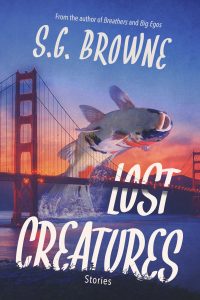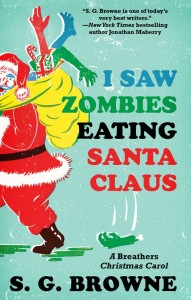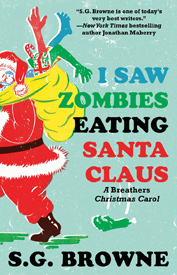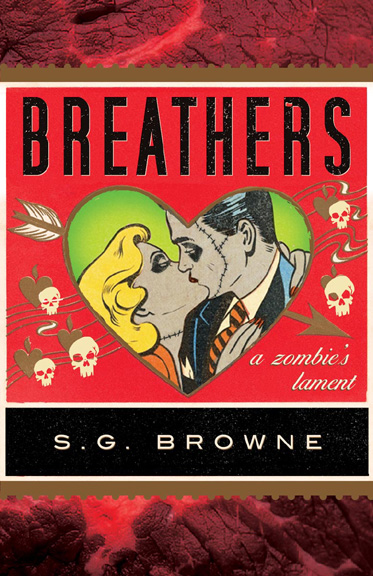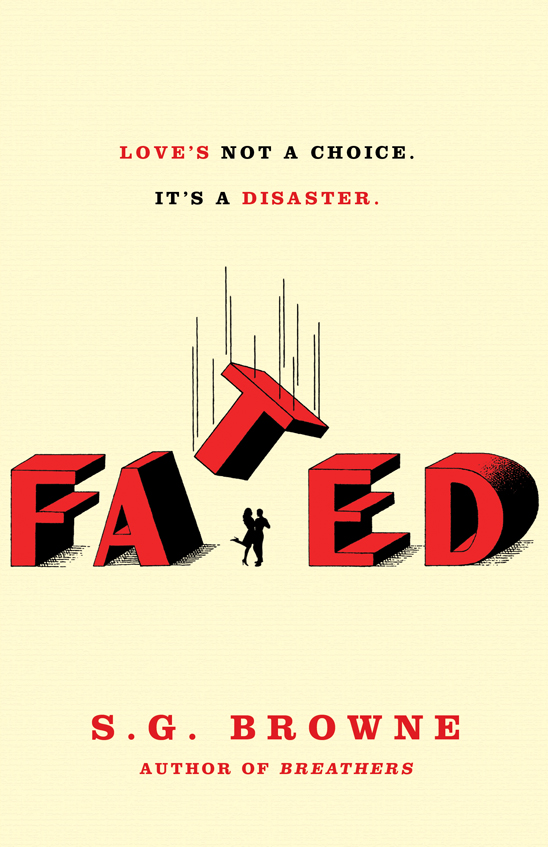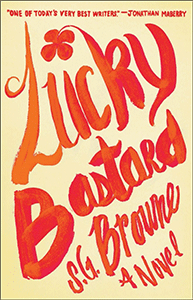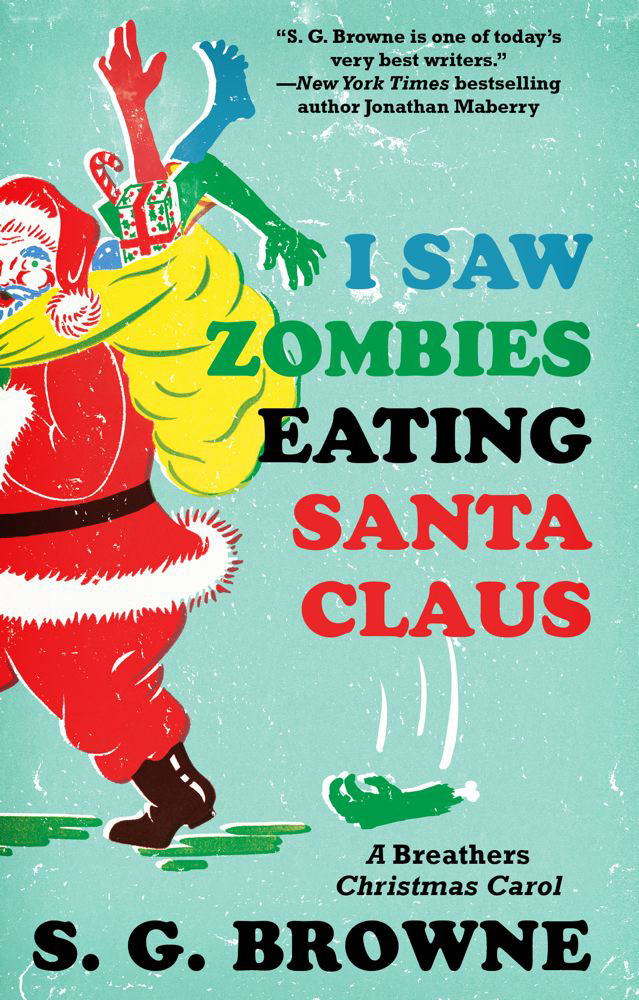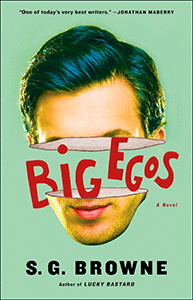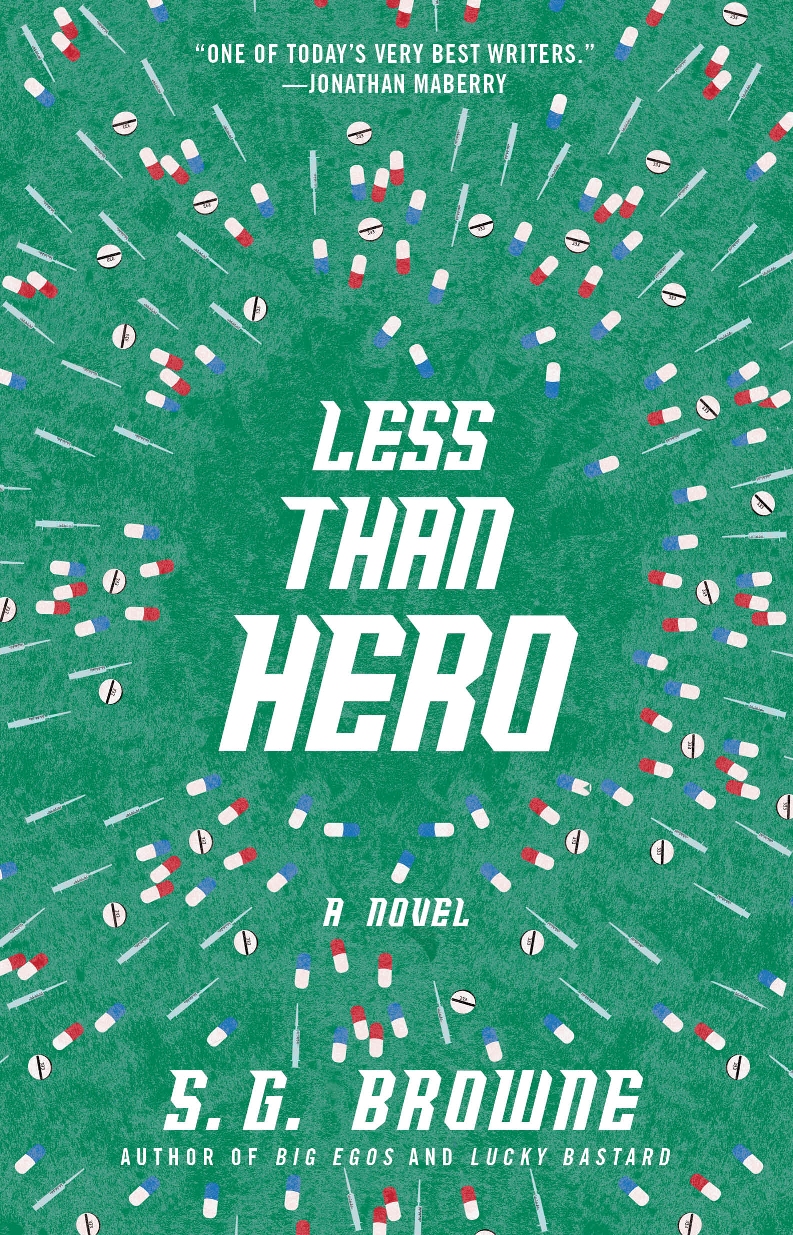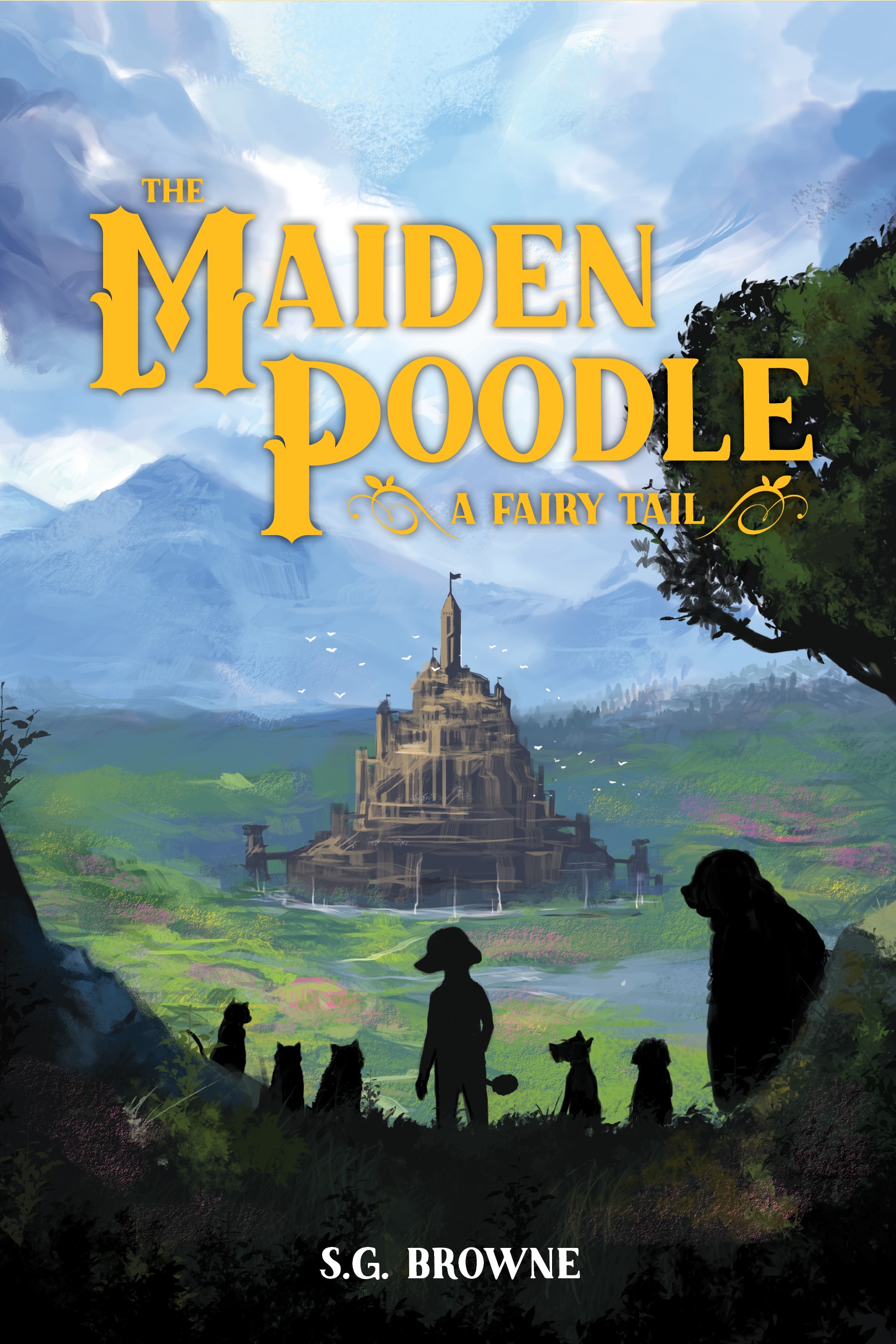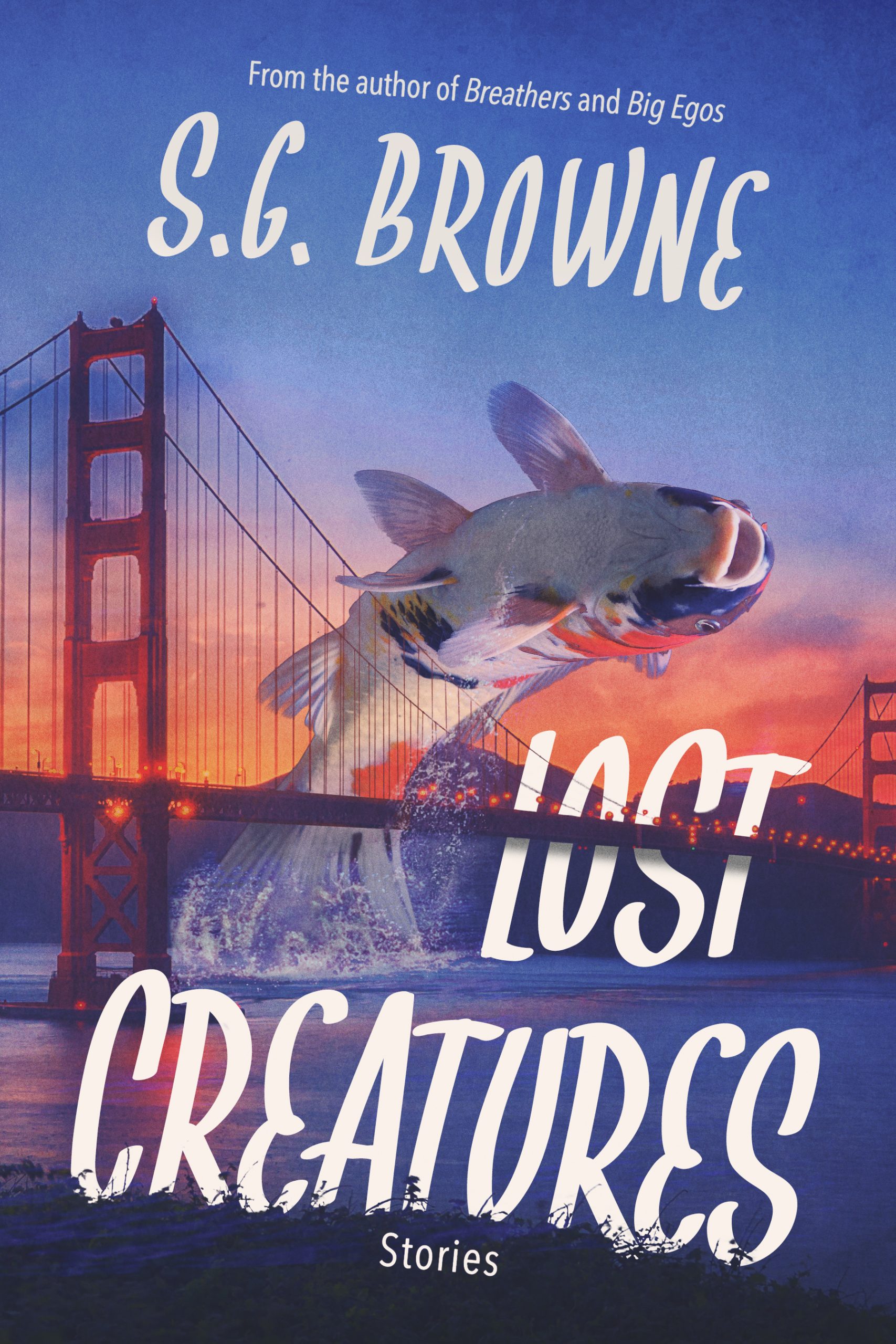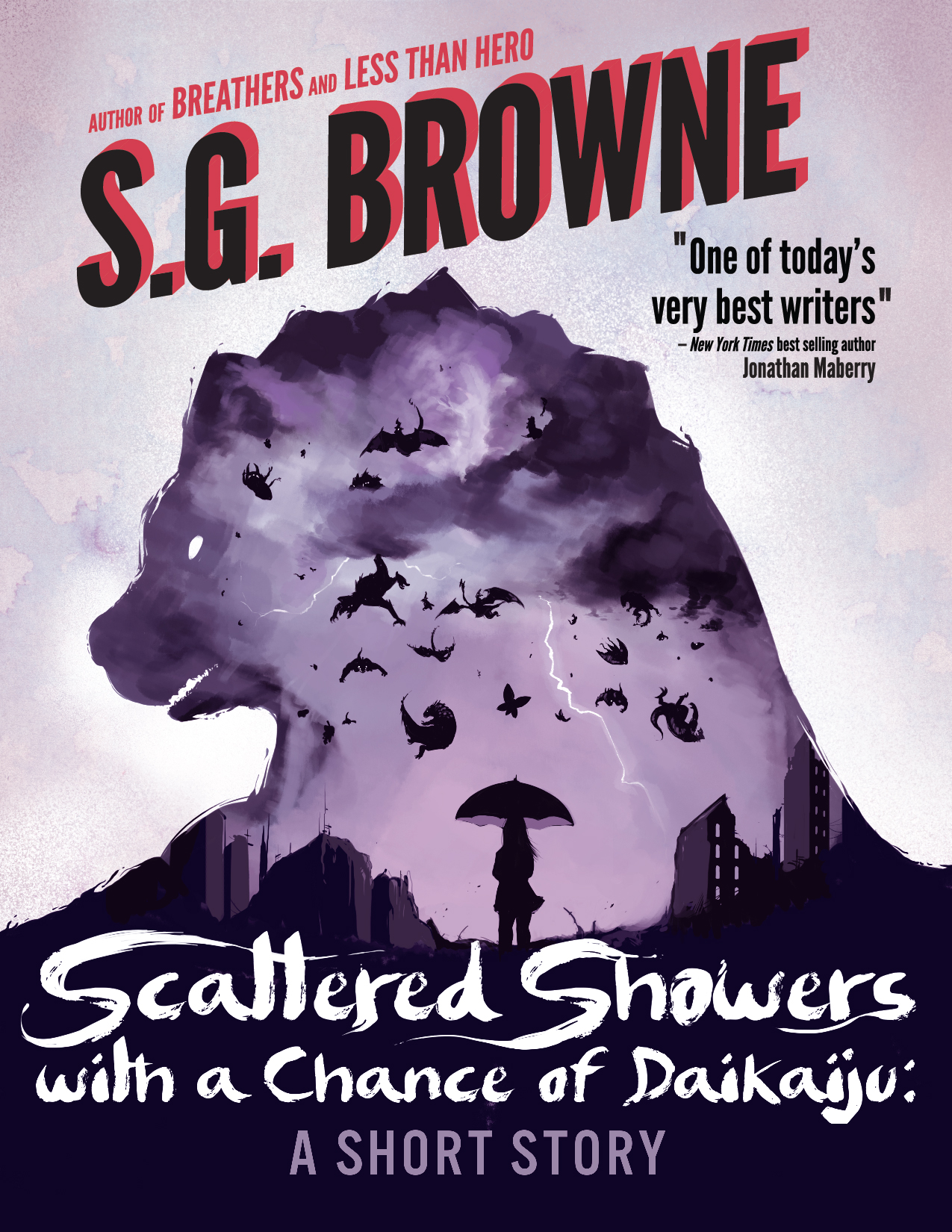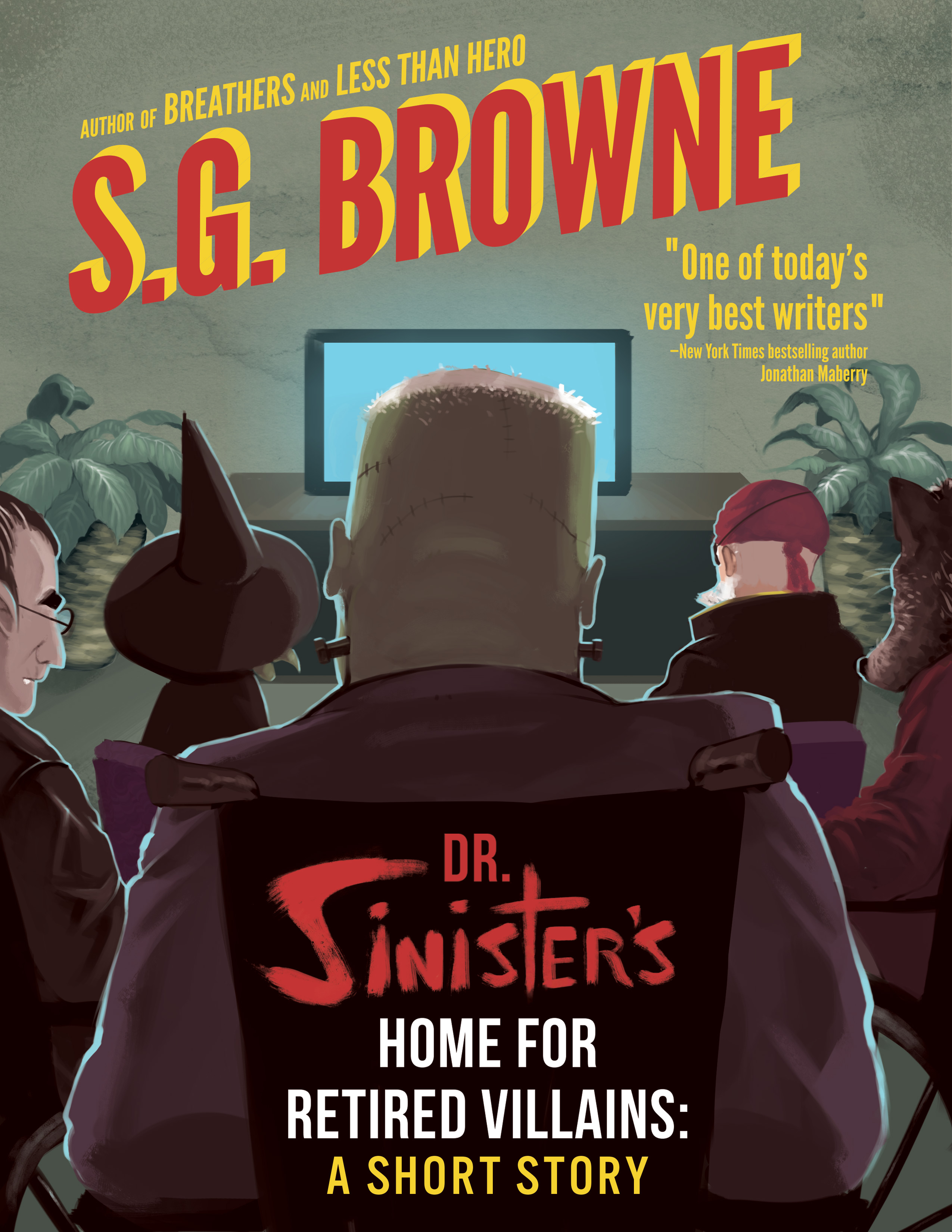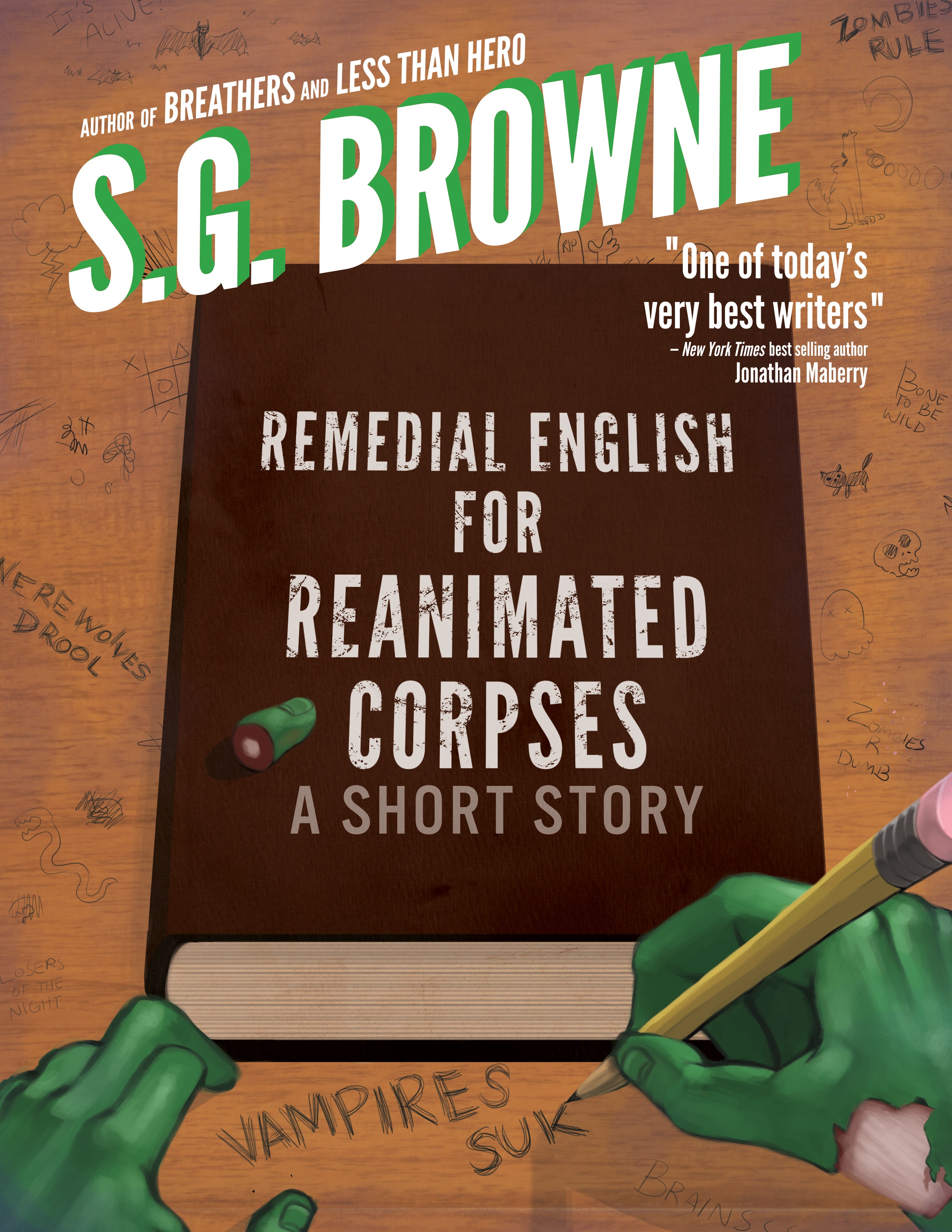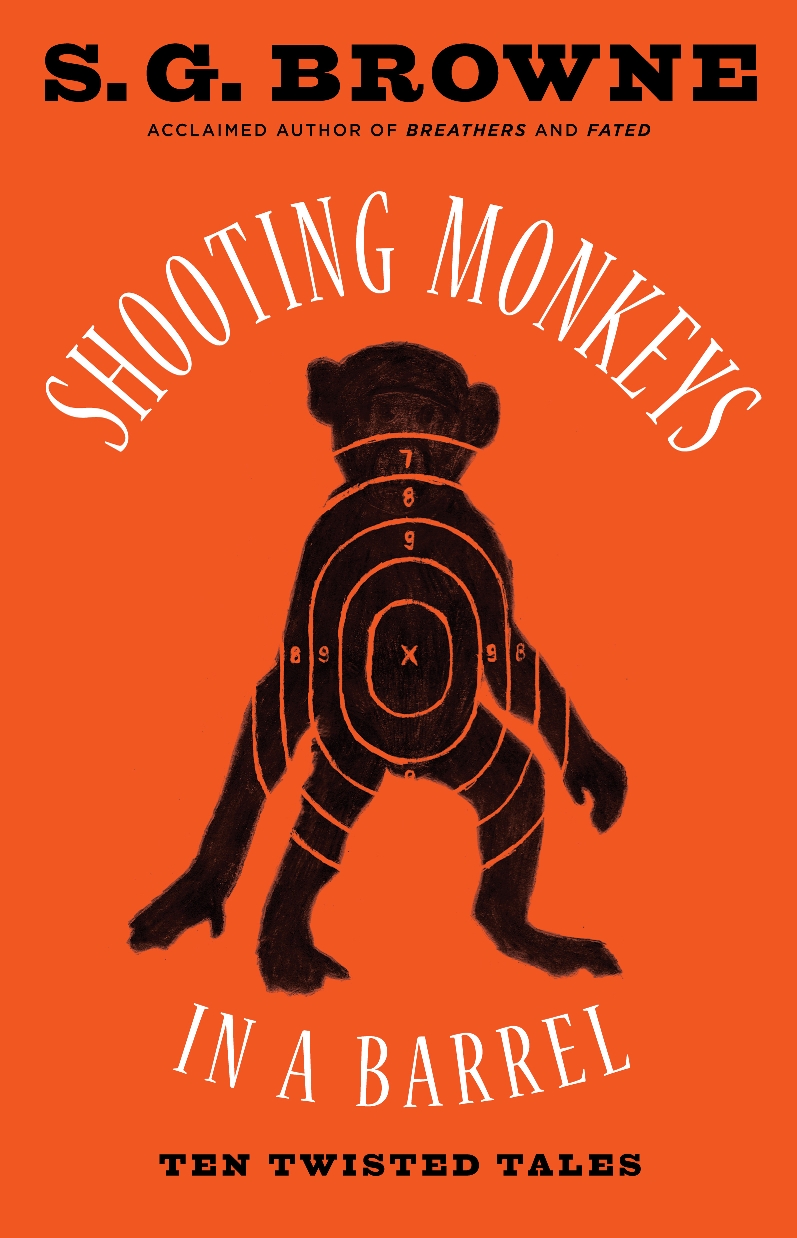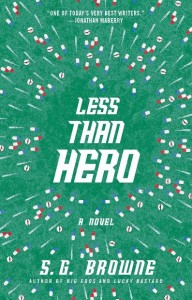 In my Author’s Note for Less Than Hero, I mention how the story, at its heart, is about figuring out what you’re supposed to be doing with your life.
In my Author’s Note for Less Than Hero, I mention how the story, at its heart, is about figuring out what you’re supposed to be doing with your life.
That’s a common theme in my novels. Finding your role. Your purpose. Your reason for existence. While my stories deal with issues such as discrimination, the consumer culture, celebrity worship, and the over-medication of our society, they’re really quests by the main protagonists to find meaning in their lives.
With Breathers, Andy Warner is trying to find his purpose in a society in which he has no purpose. In Fated, Fabio is looking for meaning in his monotonous and unfulfilling immortality. In Big Egos, my identity-challenged hero is searching for the role he’s supposed to play. And in Less Than Hero, my main protagonist, Lloyd Prescott, is searching for something more than the life he’s fallen into. Call it happiness. Call it ambition. Call it passion. Whatever it is, Lloyd can’t seem to find it. He’s not exactly broken, but he’s most definitely lost.
I’m a fan of flawed heroes: protagonists who don’t have it all together or who don’t know what the hell they’re doing. As Lloyd says:
“Not everyone has their shit figured out. Sure some people do. They’re the ones who actually stick to a plan and make all the right choices and end up with the life they imagined. For others, we discover that trying to win the lottery isn’t a viable plan for living happily ever after.”
When it comes to writing fiction, I think it’s important to create characters who struggle with their choices and their failures because we can relate to them. They’re like us: victims of inertia, lacking direction, filled with self-doubt.
Main protagonists who are perfect and who always say and do the right things are unrealistic and boring. If you want a knight in shining armor, go read a romance novel. Prince Charming isn’t wanted here.
I think part of the reason my characters are constantly looking for meaning and answers is because that’s what humans do: we search for meaning and answers in our lives. But more than that, the existential angst and motivations for my characters come from the realization that, as blossoming humans, we were sold a false bill of goods about what it would be like when we were adults.
When you’re in your teens, you look at adults and think you know more than they do about life and how to succeed at it because hey, it doesn’t look that difficult. In your early twenties you discover that you didn’t know as much as you thought you did but now that you’re an adult you’ll figure it out soon enough.
In your thirties you discover that the expectations you had of what your life would be like haven’t lived up to all of the beer commercials and romantic comedies you’ve been fed over the years.
When you get to your forties, it finally dawns on you that no one knows what the hell they’re doing. Not even your parents. Everyone’s just doing their best impersonation of Indiana Jones and making it up as they go.
So I guess in a way, my characters are trying to figure out what the hell they’re supposed to be doing because so am I. Maybe one day I’ll come up with an answer. Until then, I’ll just have to let my characters keep doing the work for me.





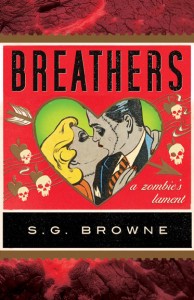 Breathers, my dark comedy and social satire about zombies, is currently being offered as an eBook promotion for just $1.99.
Breathers, my dark comedy and social satire about zombies, is currently being offered as an eBook promotion for just $1.99.